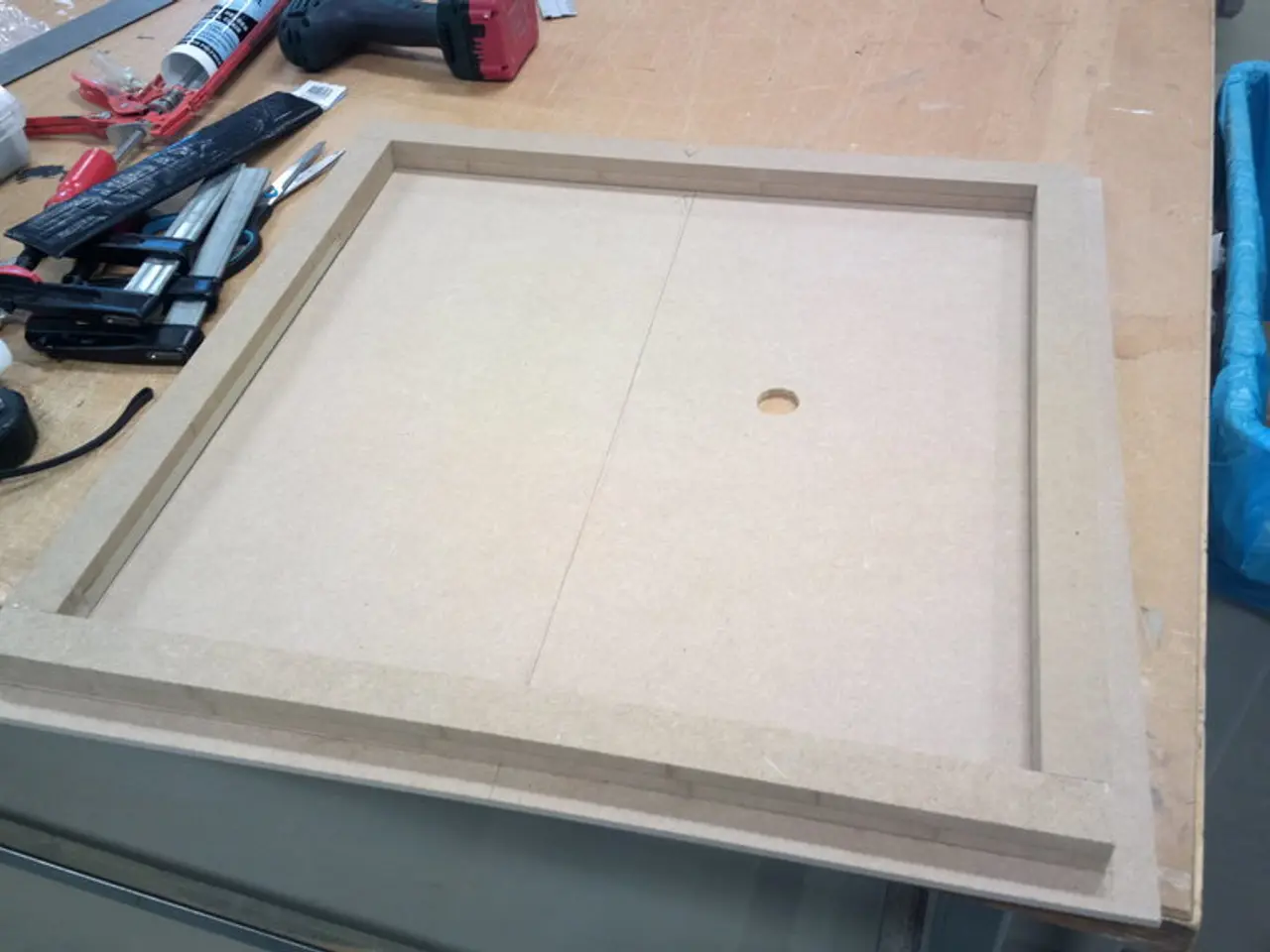Strategies for Escaping ADHD-Related Procrastination: Useful Insights
In the world of Attention Deficit Hyperactivity Disorder (ADHD), procrastination can be a persistent challenge. This neurodevelopmental disorder, which affects 8.4% of children and 2.5% of adults according to the CDC's 2021 reports, is characterised by symptoms like inattention, hyperactivity, and impulsivity.
Procrastination in people with ADHD often stems from executive function deficits, mental processes responsible for planning, organizing, and task completion. Task Initiation Problems, where starting a task is difficult due to lack of motivation, is another contributing factor. Impulsivity, the tendency to be easily distracted by more exciting activities, also plays a role.
However, there are effective strategies for overcoming ADHD-induced procrastination. These strategies combine structured task management, behavioural techniques, support systems, and self-care practices tailored to the ADHD brain.
One such strategy is breaking tasks into small, manageable steps (micro-tasks). This approach reduces overwhelm and makes starting easier, allowing individuals to focus on completing one or two steps at a time.
Another valuable tool is the Daily Brain Dump, where all thoughts and tasks are written down, unnecessary ones eliminated, and tasks prioritized and organized visually and on calendars to reduce mental clutter.
Body Doubling, working alongside another person (physically or virtually) to increase accountability and focus, can also be beneficial. Scheduled movement breaks and exercise can combat mental fatigue and enhance attention by stimulating brain function.
The Pomodoro Technique, a time management method involving 25-minute work sessions with 5-minute breaks, can help maintain focus and productivity. Using timers and scheduled rewards can maintain motivation and build habits through structured work sessions and intentional breaks.
Cognitive Behavioral Therapy (CBT) or Acceptance and Commitment Therapy (ACT) can reframe procrastination-related thoughts and build productive strategies. Mindfulness practices can improve self-awareness, reduce frustration, and increase present-moment focus, helping manage emotions linked to procrastination.
Accountability partners and support networks, including family involvement, coaching, and support groups, strengthen motivation and help maintain consistency. Creating routines and consistent habits can automate tasks and reduce reliance on executive function, starting small with achievable daily commitments.
Treatment for ADHD itself, including medication when appropriate, combined with lifestyle changes (nutrition, sleep hygiene) to optimize overall brain function and reduce procrastination propensity, is another crucial aspect.
Tools like Todoist, Forest, and Habitica can aid in task management, offering features such as calendar integration, project sharing, and gamifying task completion. Visual reminders like sticky notes, whiteboards, and color-coded lists can aid task initiation and follow-through in managing procrastination.
If procrastination significantly impacts daily life and is accompanied by other mental health issues, seeking professional help may be necessary. Remember, everyone's journey is unique, and finding the right combination of strategies and tools will help individuals with ADHD overcome procrastination and thrive.
Daily routine structured around short, manageable tasks can help improve productivity, especially for individuals with ADHD. Mental health is crucial in this process; mindfulness practices can enhance self-awareness and reduce frustration linked to procrastination. Science also plays a role as cognitive behavioral therapy and acceptance and commitment therapy can help alter thought patterns related to procrastination. Engaging in health-and-wellness practices, such as exercise and sleep hygiene, can optimize brain function and reduce the propensity for procrastination.




